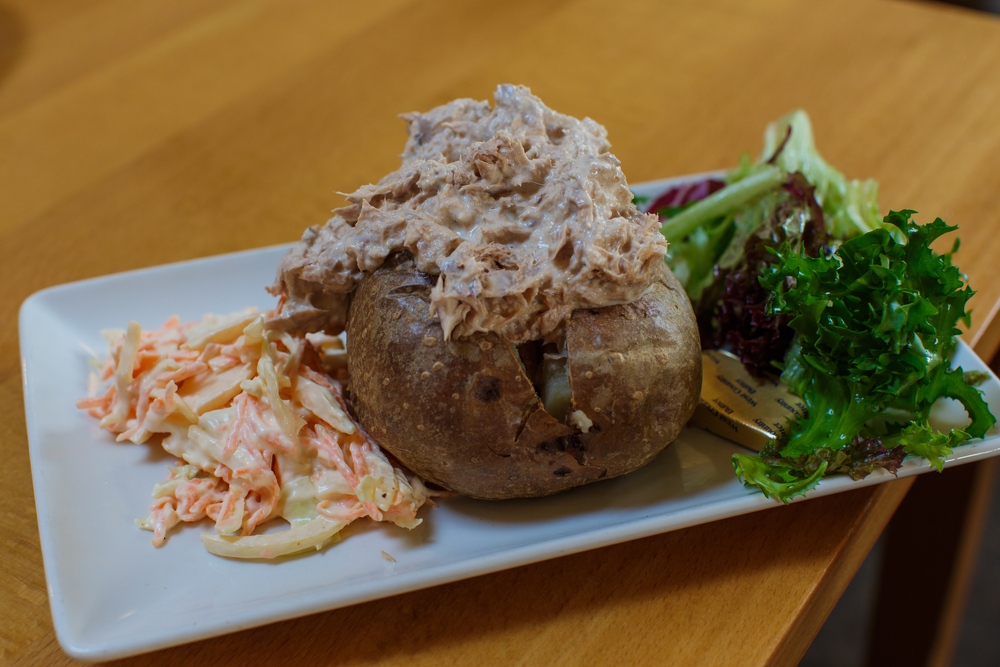Learn the Balance of Nutrition and Risk
Others are reading now
Canned tuna is a staple in many diets, prized for its convenience and nutritional benefits. Packed with protein and healthy fats, it serves as an accessible source of sustenance for millions worldwide. However, lurking beneath its surface lies a potential threat: mercury contamination.
Talking to Huffpost Ana Luzón, a specialist in Nutrition and Dietetics, sheds light on this concern, emphasizing the importance of understanding the risks associated with mercury accumulation in fish, particularly for vulnerable populations.
Understanding Mercury Risks
Mercury, a naturally occurring metal found in oceans, poses a significant health risk when ingested in high quantities.
Fish, especially large predators like tuna, absorb mercury from their environment, leading to its accumulation in their tissues. This process, known as bioaccumulation, means that the larger and older the fish, the more mercury it may contain.
Also read
Ana Luzón underscores the potential adverse effects of mercury on human health, particularly for pregnant women, breastfeeding mothers, and young children.
Mercury exposure during these critical stages of development can disrupt the nervous system and have long-lasting implications for both mother and child.
Guidance for Safe Consumption
Despite the risks posed by mercury, fish remains a valuable component of a healthy diet.
While canned tuna, especially the light variety, typically contains lower levels of mercury compared to other species, caution is still warranted.
Luzón recommends limiting intake to one can per week for most individuals to minimize exposure to mercury.
Pregnant women, breastfeeding mothers, and young children should exercise additional caution and avoid high-mercury fish altogether.
By following these guidelines, individuals can continue to enjoy the nutritional benefits of tuna while minimizing potential health risks.








